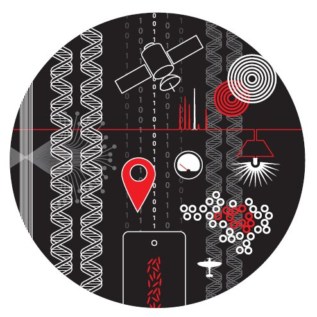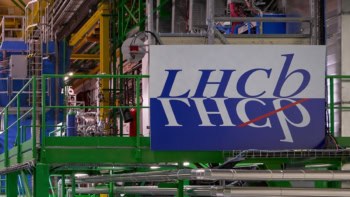By Hamish Johnston

What physics-related industry employs 30,000 people in the UK?
The answer, according to the Institute of Physics (IOP), is the country’s extremely successful space industry – which has been expanding steadily for decades and continues to develop an impressive array of satellite and related technologies. Indeed, the space sector has enjoyed an average annual growth rate of 7.5% since 2008. Not bad going when you consider that the rest of the UK (and much of the world) has been in an economic slump.
Space is just one of the applications of research covered in Physics: Transforming Lives – a 68-page report prepared by the IOP in partnership with EPSRC and the STFC, both of which fund physics research in the UK.
The report is a collection of 11 case studies that looks at the societal and economic benefits of the physics research done in the UK. As well as the space industry, Physics: Transforming Lives looks at how physicists using the Diamond Light Source in Oxfordshire have helped develop a vaccine for foot-and-mouth disease. It also describes how pioneering work on liquid crystals done in the UK means that Britons continue to benefit from substantial royalties from patented technologies.
Other topics covered in the report include the contributions of UK physicists to the development of radio-frequency identification tags, cancer treatment and energy-efficient technologies. You can download a copy of the report here.
After reading the report, we were inspired to ask the following question in this week’s Facebook poll.
In the coming decade, which industry sector will benefit the most from physics research?
Computing and communications
Environment and energy
Aerospace
Medicine and biotechnology
Other (please supply via a comment)
In last week’s poll we asked you “Do ‘real scientists’ take research trips instead of holidays?”. The question was inspired by a quote from a new book by the eminent biologist Edward O Wilson, in which the author makes the provocative statement that real scientists do not take vacations. Wilson believes that top scientists should instead take field trips or temporary research fellowships in other institutions. 62% of our poll respondents agreed with Wilson, while the remaining 37.5% disagreed with the premise.
Thank you for your participation and we look forward to hearing from you again in this week’s poll.



